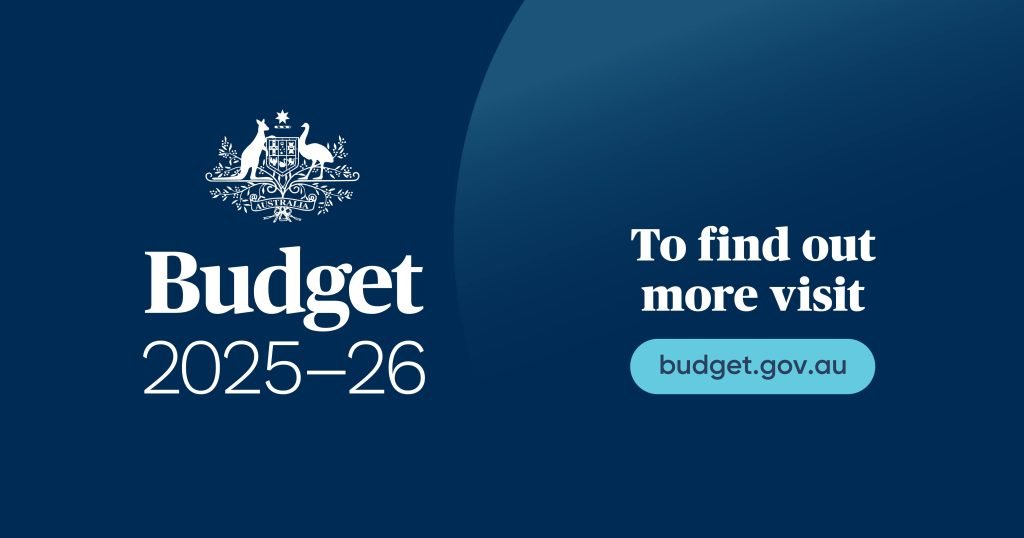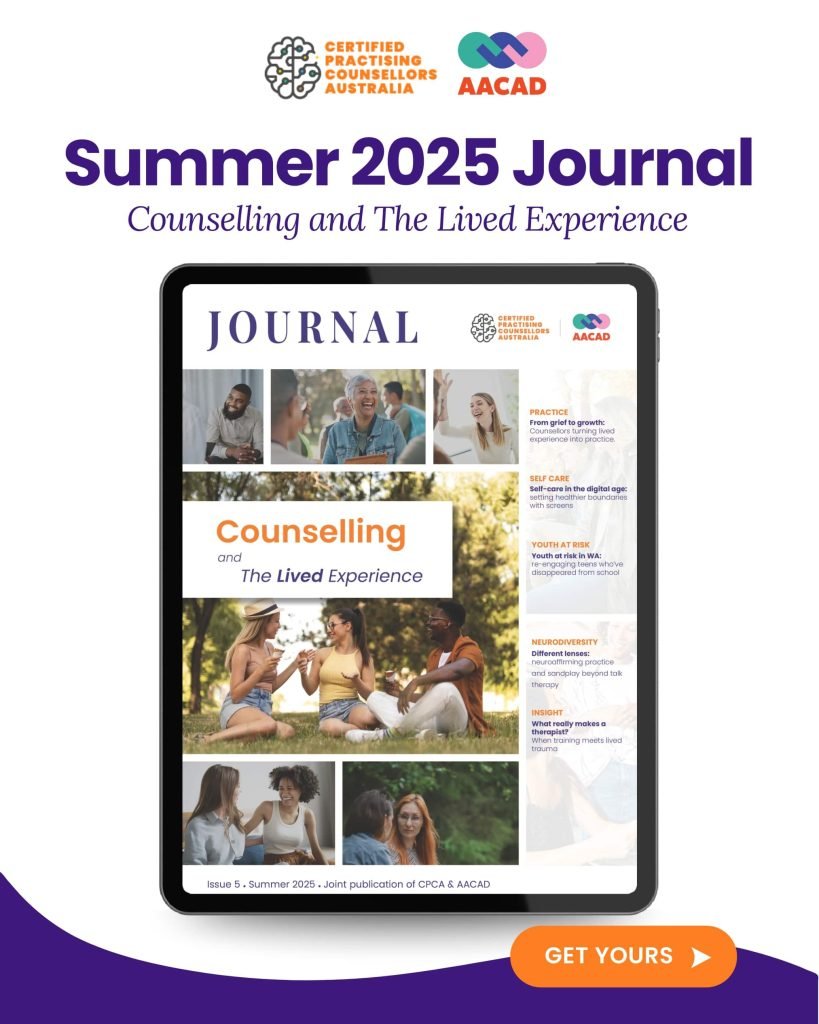
The purpose of confidentiality
Ethical behaviour is fundamental to the counselling practice and one of the ethical concepts that are at the core of the profession is confidentiality. It is important to ensure all work, client interactions and documentation needs follow the appropriate laws and the privacy and confidentiality requirements of your organisation. When clients enter counselling, they must be assured that their confidentiality will be respected. It plays a major role in defining the communication and trust between the counsellor and the client.
That trust is essential to building a successful professional relationship that yields positive results. Providing the client with the comfort and security of knowing their private information will not be disclosed to unrelated third parties will encourage an honest counselling relationship and process. The client must feel secure in the knowledge that what they say will be kept between them and their counsellor, for counselling to be maximally effective for them.
Exceptions to confidentiality
In an ideal world, a client would be offered total confidentiality so that they would feel free to be even more open and explore their thoughts and issues in greater detail. However, there are limitations to what can stay confidential, though those limitations usually will only come to the fore in circumstances where people are in danger or there are legal issues. Nevertheless, there are instances where breaches of confidentiality must occur and this needs to be clearly articulated to the client, ideally before counselling commences.
Situations where confidentiality can be broken:
- When a counsellor is legally required to divulge information in relation to a court case.
- At any point during the counselling process where there is genuine concern or belief that a client is putting themselves or another person in danger. To protect the client from serious harm, a counsellor may contact authorities or family without the client’s consent.
- There are legal and ethical issues around reporting abuse, ongoing domestic violence, or neglect of a vulnerable person such as children, the elderly, or people with a disability. It is always advisable to seek professional and legal advice.
In counselling and psychotherapy, breaches of confidentiality are common client complaints. The leading cause of ethical dilemmas for counsellors is confidentiality, and clients should be made aware that their right to confidentiality and disclosure is not absolute so that there is no miscommunication and false assumptions.



